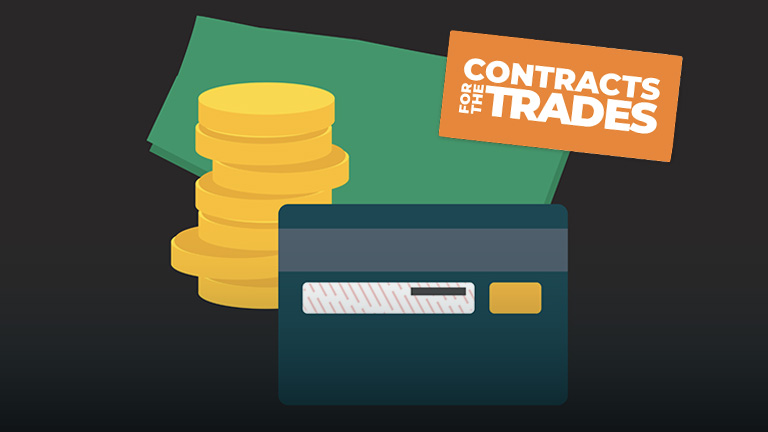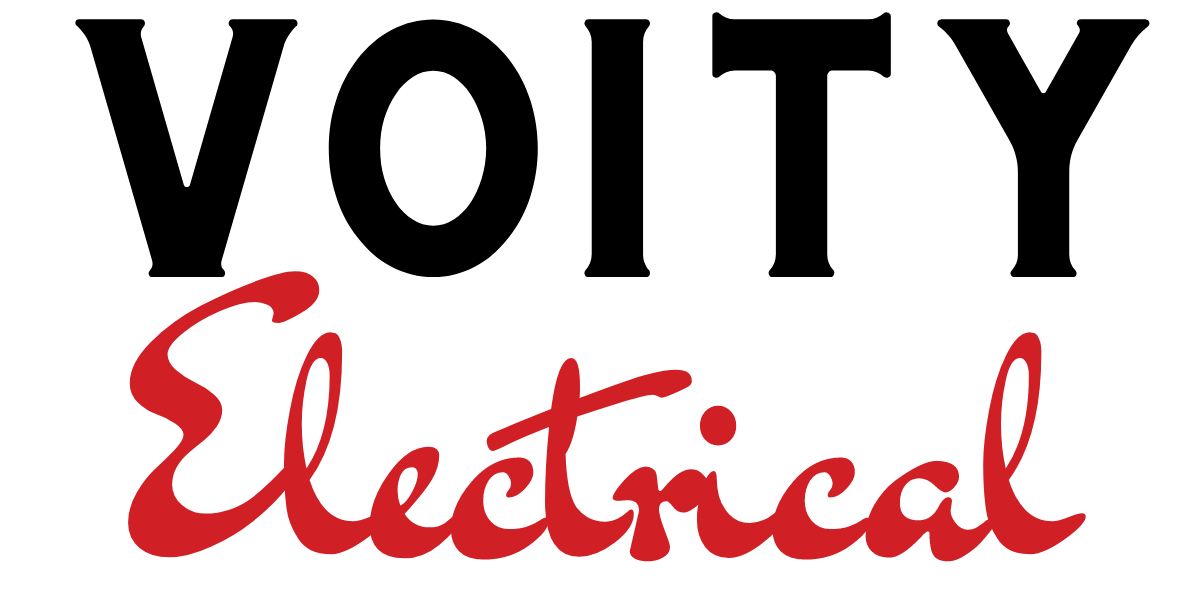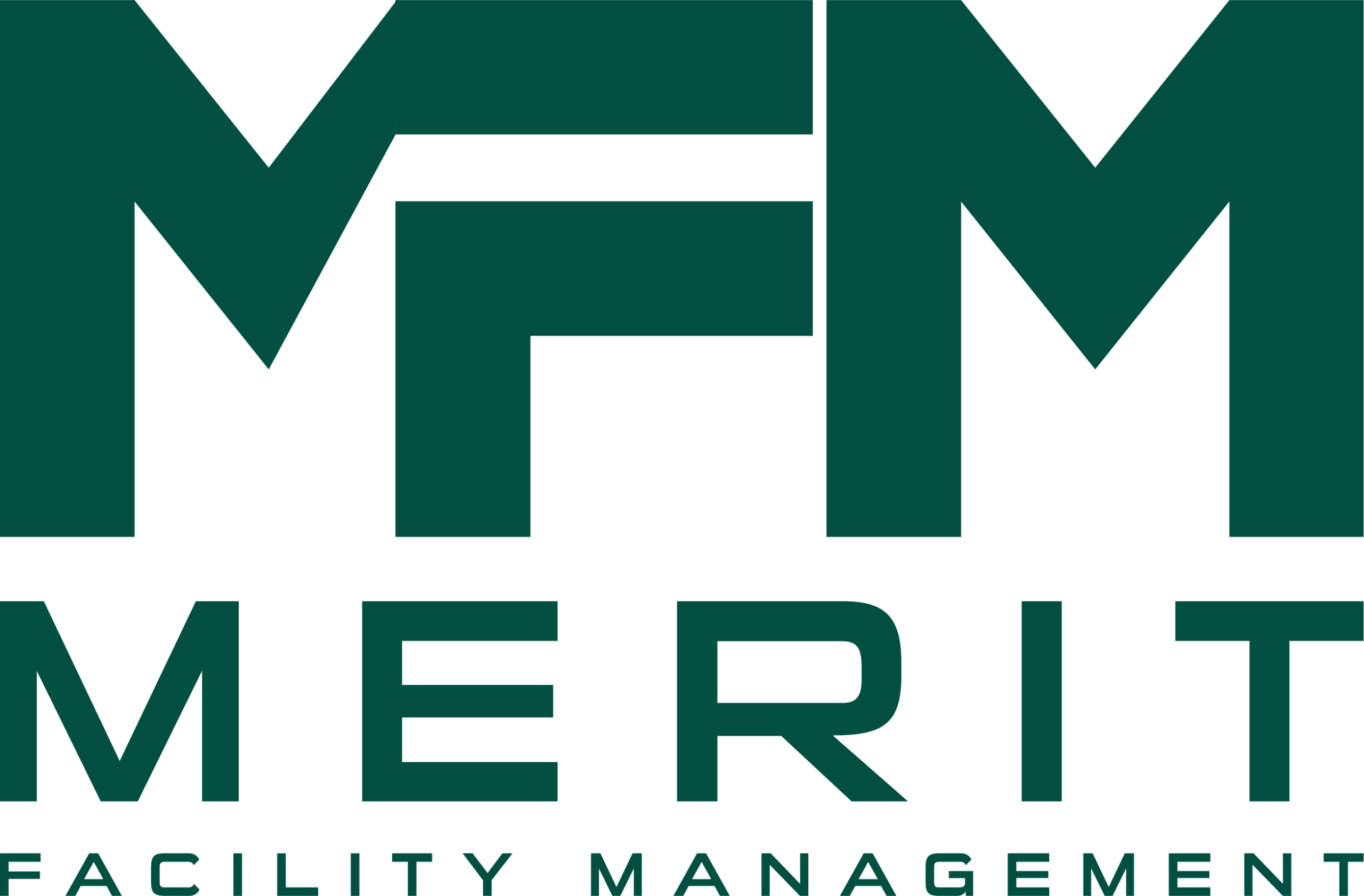Asset Management Software for the Renewable Energy Industry
May 29, 2024 | Read: 10 minutes

Renewable energy asset management is becoming more complicated as the US industry rapidly expands to meet demands for clean energy.
To do it well, your company will need to keep track of a huge amount of asset information (both internal and external). And today, even the most dedicated teams require tools to help them deliver an excellent asset service experience.
So, whether your business is installing large-scale solar farms or focused on residential inverters, this blog will give you information on the best ways to optimize your company so you can get the most out of renewable energy management software.

The Challenges of Renewable Energy Asset Management
Renewable energy asset management refers to the entire process of overseeing sustainable energy solutions. From planning and installation to ongoing maintenance, and beyond.
As the industry grows, so will your field service business, which can be great for revenue!
But without the proper procedures in place to manage a wide variety of challenges (more below), it can make or break your company’s success versus the competition.
When managing renewable energy assets, you may have some or all of the following challenges:
Challenge #1: Scheduling Maintenance
Gaining access to remote locations where renewable technologies are located can be difficult enough. Then performing tasks like checking a client’s large-scale solar farm for optimal positioning or microcracks can be a lengthy process.
When it comes to scheduling regular maintenance at a convenient time for everyone, it can be the difference between winning and losing business.
Without the right system, important pre-appointment notes or small details can easily be missed and create on-site problems or unnecessary client tension.
So if you’ve had any trouble scheduling regular maintenance or keeping agreed-upon appointments, it might be time to overhaul your scheduling system from top to bottom.
Challenge #2: Communication Surrounding Asset Details
Communication is one of the core fundamentals of a successful business and every detail matters. If your office staff, warehouse, and field service engineers aren’t on the same page when it comes to asset details, your business cannot operate at maximum efficiency.
If communication channels are slowed down by the inability to find the proper information, your team won’t be able to complete the maximum number of jobs each day.
As your number of employees increases, this will result in your company having to spend more time figuring out logistics. It can also put a strain on your budget for resources that come with rescheduled or emergency bookings.
The longer this goes on, the more it will affect your overall profitability. And the larger a business gets, the harder it will be to keep important asset, job, or customer information flowing between owners, managers, staff, and clients.
Challenge #3: Unorganized Warehouses
When growing your operations, accidentally misplacing inventory or experiencing a delay in ordering parts to/from the warehouse can become a common occurrence. Of course, these issues will only hurt your business, delaying jobs, or leading to unhappy customers, if left unattended.
If you aren’t maintaining an accurate record of all internal and external assets, including extra parts and whose truck they’re on, the additional inventory costs chip away at your bottom line, hurting the entire business.
For example, imagine you’re overseeing the maintenance for a company that owns hundreds of wind turbines and they’re requesting more maintenance work from you
You may have been able to manage the original number of assets – but as the workload increases you’re noticing longer job completion times and a backlog of maintenance work is building up. This can all stem from a disorganized warehouse and a stock management system that isn’t capable of dealing with the increased workload.
As your clients notice more downtime or less energy production, they’ll look to you for answers on why their assets weren’t repaired properly or on time. If you can’t come up with a valid reason (“we lost the parts” doesn’t count) there’s a chance they might not remain a long-term client.
Challenge #4: Compliance and Regulations
Keeping renewable energy assets healthy and running at maximum efficiency will always be a great way to secure contracts or long-term clients.
But with one mistake, like a service level agreement breach or failure to follow government regulations, you may have to pay a fine or worse, lose that business if the resulting impact is large enough.
Without a system in place to monitor and notify you when an asset is due for inspection, you could be in the dark when a client needs you most. Legal trouble can be any business’s worst nightmare and impact its overall reputation, which you want to avoid at all costs.
Using Software as a Solution to the Challenges
Asset maintenance software can quickly become your best friend if you’re looking for a solution to any of the challenges listed above (or to streamline your overall operations).
It’s important to remember that when using job management software for field services, your end goal should always be to improve efficiency, decision-making, and return on investments.
Solution #1: Customer Self-Service Portals
Rather than pick up the phone, customers have started to prefer digital options to interact with your brand.
If you think scheduling is your main issue, or perhaps it’s invoicing, then putting the power in your clients’ hands could be the solution you need.
When you adopt powerful customer self-service software, your clients gain access to digital tools that can be accessed anytime – ranging from job booking requests, invoicing, and even the ability to access job reports, safety certificates, and more: all without needing to reach your team.
Self-service software ensures you can offer consistent experiences while taking full control over each touchpoint. After all, equipping your team with automated avenues to support clients means they can provide the best customer service, with no added stress.
Solution #2: Centralized and Customized Asset Views
If your employees are struggling with communication and organization, they might be feeling overwhelmed by the number of places they need to gather information from.
With the right asset maintenance software you can customize the screen in front of your team and give them a central location to store and access all low-carbon technology information (including technical specifications, maintenance history, and location data).
When the administration, engineers, and the warehouse have access to job information in one customized location, they’ll be able to complete more work each day without any hiccups in communication.
Solution #3: Real-Time Inventory Management
Not having the inventory or parts needed to complete a job will be frustrating for the engineer and client, especially if they’ve been told otherwise.
With field service inventory management software, everyone who needs stock information can have access to real-time knowledge about all aspects of the inventory levels.
When your engineers are on site and need a specific part, they won’t need to call the back office or check the stockroom. Up-to-date stock data will be available from their devices and they’ll know if and where they can find the part.
For your business, this means increased revenue, less admin time, and consistently using existing stock before purchasing more. For your customers, it means faster service and ultimately, greater satisfaction.
Solution #4: SLA Monitoring
As you know, compliance, regulations, and service level agreements are usually based on very specific actions and time frames.
Therefore, when dealing with them, time tracking is critical but sometimes the biggest challenge. “How long do we have to provide the service?”, and, “What time will we breach the SLA?”, are common concerns for any field service business.
With multiple people working on jobs, tight deadlines, and stress, it’s easy for accurate timekeeping to fall by the wayside.
When you use SLA software to help monitor compliance or commercial contracts, you can be confident in your team’s ability to identify and react to breakdowns or issues long before they become a problem. And with perks like on-screen timers, any member of the office team can quickly check how long there is left to fulfil an SLA
What Other Asset Management Features Should I Look Out For?
Below is some more information on a handful of additional features that would help improve your renewable energy asset and facility management!
Tip: Keep in mind, as you consider different software providers, be sure to explore their integrations with other platforms that you may use, such as Quickbooks or GoCardless.
- Mobile App Access: With most of your staff in the field and on the go, they’ll need to be able to access details from their smart devices. Double-check that the mobile workforce management software you’re investigating is compatible with your current phones, tablets, or laptops!
- Scheduling Planned Preventative Maintenance (PPM): When
planned maintenance software has a scheduling feature, you can automate your scheduling and keep your team of technicians busy the entire time they’re on the clock. - Reporting and Analytics: Understanding the numbers behind a job well done will only teach you more about the company you’re running. Tying employee success to the metrics that matter most to the business will empower your employees, help them feel involved, and give them goals to work toward.
Three Benefits of Asset Management Software
If you take the time to properly incorporate field service management software into your business, you’ll come to notice three benefits once it’s fully up and running.
- Productivity: By centralizing asset information and automating routine tasks, electrician software will reduce manual errors and increase your teams’ productivity and efficiency.
- Profitability: Optimizing asset performance and minimizing downtime directly impacts your bottom line. By optimizing routes and reducing maintenance costs, you can maximize your returns while keeping clients happy.
- Easier Admin: With comprehensive reporting and data tools, renewable energy asset management software simplifies administrative tasks by providing real-time data from engineers in the field, recording compliance and certificates, and managing SLAs
Using Commusoft to Streamline Renewable Energy Asset Management
There’s always going to be a lot to consider when getting ready to invest in renewable energy software.
However, with Commusoft’s powerful job management software, you’ll find all the features you need to manage the unique needs of the renewables industry.
Through our tools, you can strengthen your business as it grows and optimize the way you manage your customers’ assets to help ensure they’re always working at peak efficiency.
Learn all about our all-in-one solution for managing renewable energy assets, today:

Anthony Vattimo
Thanks for checking out the Commusoft blog - I’ve been helping business owners improve their strategies for a few years now, so I hope you were able to take something away from the content I’ve written. Feel free to continue exploring the blog - or reach out to us with any questions!








